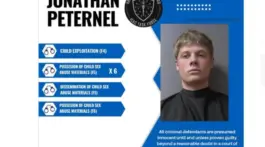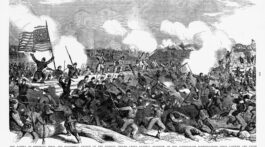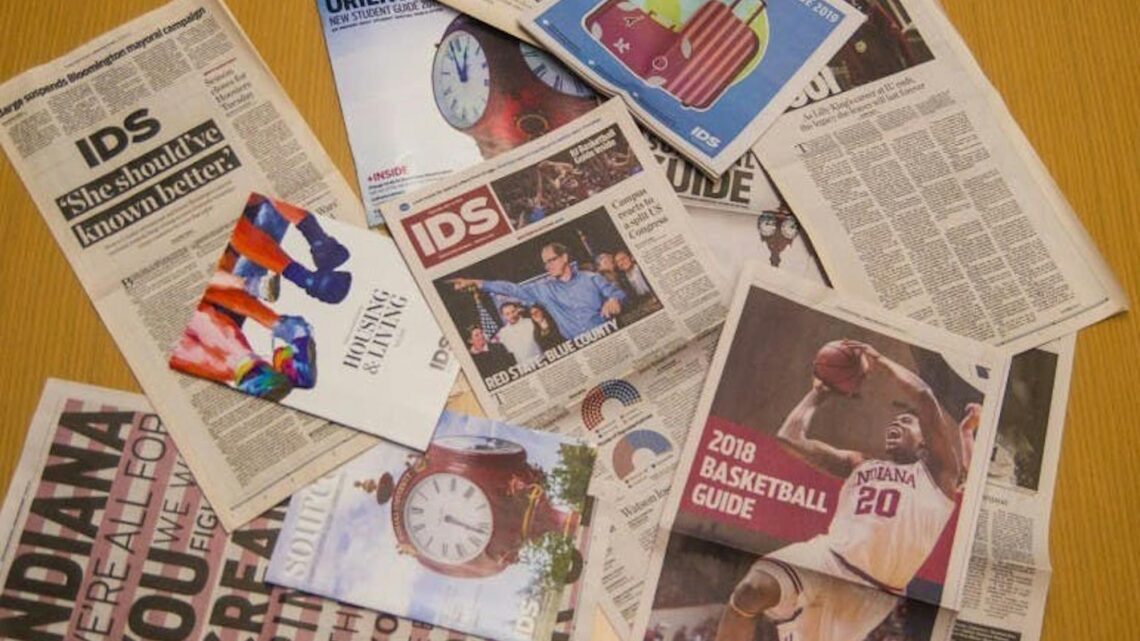by Abdul-Hakim Shabazz, Esq.
The big flap this week isn’t about what the student journalists at Indiana University wrote — it’s about what they print.
IU ordered Indiana Daily Student (IDS), one of the most respected student newspapers in the country, to stop printing its physical edition. On paper (pun very much intended), this looks like a delivery decision. Print is expensive. Digital is cheaper. Most people read on their phones.
But the move came immediately after IU pushed back on editorial content and then fired the director of student media when he refused to play along. That’s why critics are calling it what it looks like — not just a format shift, but an attempt to control the platform.
A Shift That Feels Like a Power Play
IU insists this is about logistics, not censorship. But when you pull the plug on print right after a content dispute, you don’t get the benefit of the doubt.
Once the administration controls the platform, it doesn’t need to tell students what to write. It can shape where and how that writing reaches people — and in journalism, that’s just as powerful. Control distribution, and you control impact.
Print isn’t just paper. It’s visibility. It’s tradition. It’s a statement of independence. Lose it, and the university holds the keys to how stories get out. And anyone who’s worked in news knows: whoever controls the pipeline, controls the narrative.
A Potentially Smart Pivot — If Students Control It
Still, this moment doesn’t have to end in defeat. A forced pivot to digital can also be a strategic opportunity — if the students run the transition, not the university.
Digital media offers flexibility, lower costs, real-time engagement, and the chance to reach audiences far beyond campus. Students can experiment with newsletters, podcasts, social campaigns, interactive graphics, and live coverage in ways print never allowed.
But — and this is the crucial part — that only works if they own the platform. If IU dictates the terms, it’s not journalism. It’s administrative messaging.
Own It: IU Underground
Which brings us to the real answer. If, as critics argue, IU wants “control,” then build something new.
Start an independent outlet. Call it IU Underground. Host it somewhere IU can’t touch. Use Substack, WordPress, Patreon, or even TikTok. Turn it into a newsroom, a media lab, and a business all at once.
And here’s where the real education happens. Running your own outlet means learning what too many young journalists never get taught: half of the news business is business.
Who sells the ads?
Who builds the audience?
Who markets the content, analyzes the metrics, and makes sure the lights stay on?
That’s what turns reporters into newsroom leaders.
Independence Requires Standards
But let’s be clear — with independence comes responsibility. If students expand their journalism beyond campus — the way Mirror Indy is covering civic life in Indianapolis — they also need to raise their editorial game.
Bigger reach means higher stakes. Accuracy matters more. Fact-checking must be rigorous. Quality control can’t be optional. Access comes with accountability.
An independent IU Underground wouldn’t just be a student vanity project. Done right, it could be a legitimate voice in the state’s media ecosystem. But it will require structure, editorial discipline, and a business model that sustains it.
Control vs. Credibility
The deeper fight here isn’t paper vs. digital. It’s power vs. independence. Universities love to talk about “civic engagement” and “critical thinking” — right up until those skills get pointed at them.
What IU is doing may technically be within its authority. But it’s bad optics and worse precedent. If students want a truly independent press, the solution is simple: own the platform, own the business, own the story.
In 2025, controlling your distribution is just as important as writing the story. If administrators can pull the plug on print, students should be ready to pull the plug on administrators.
Build your own outlet. Learn the business. Raise the bar. Control your narrative.
We did. It’s called Indy Politics.











